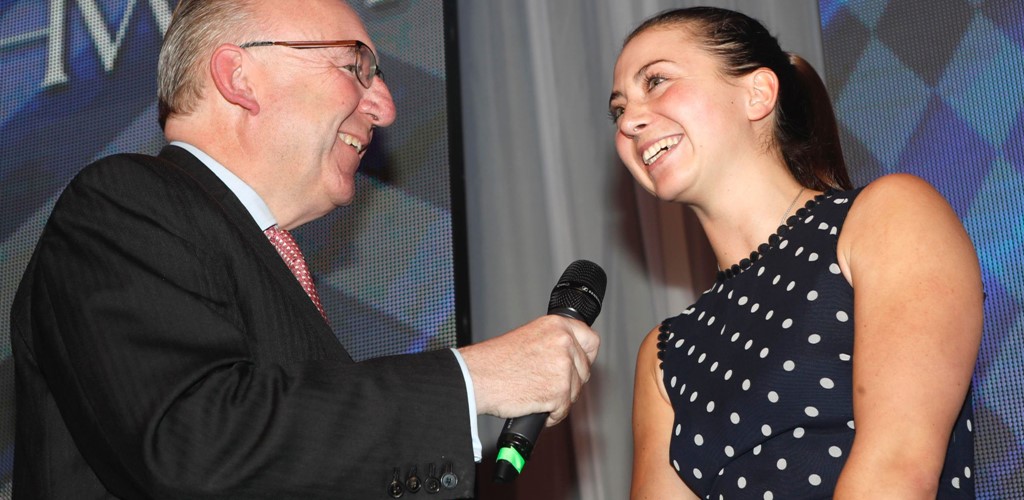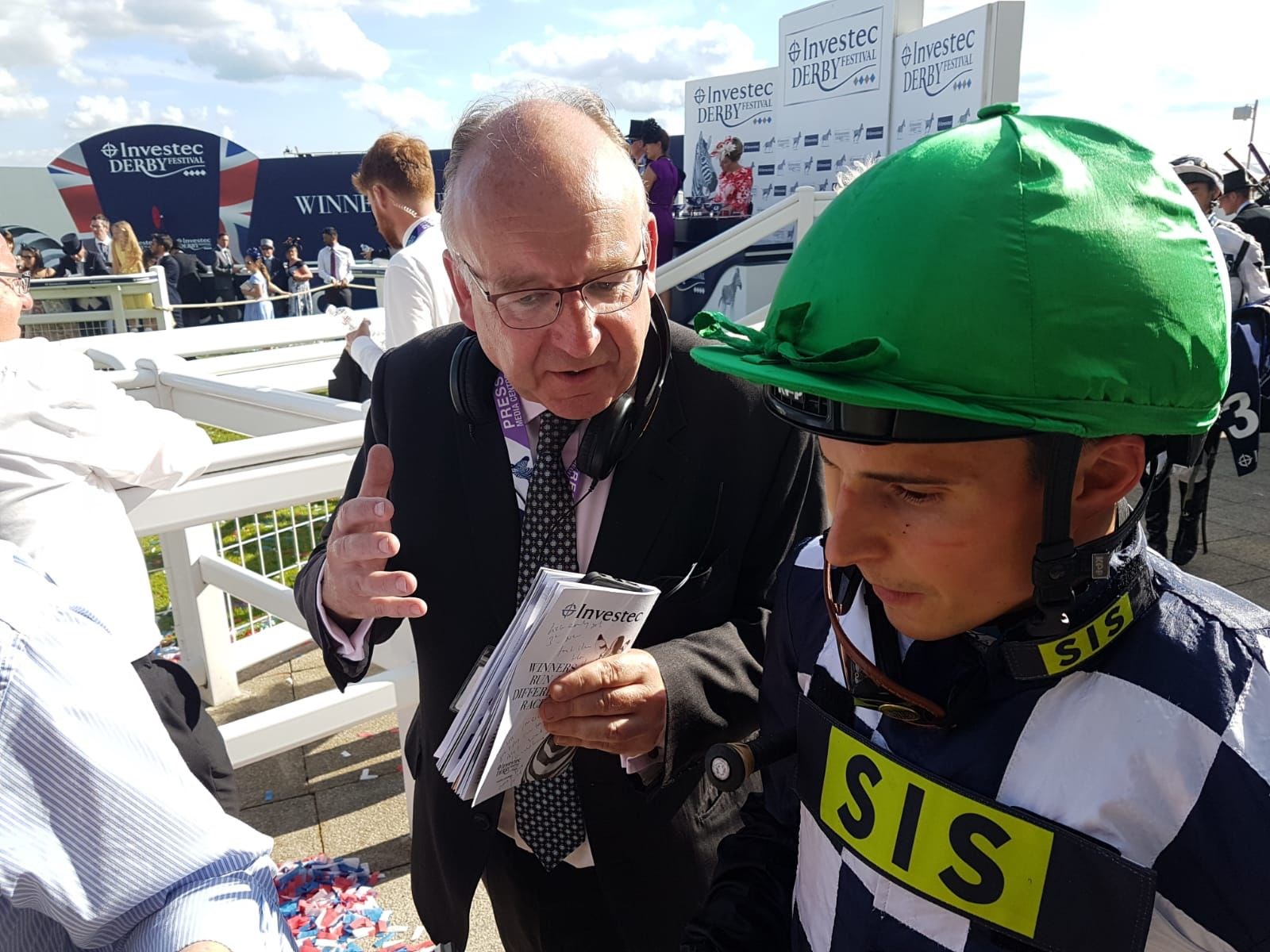
Cornelius Lysaght gives us his insight into the Grand National
We are honoured to announce the remarkable Cornelius Lysaght as our new brand ambassador. Cornelius has had a stellar career which included being the horse racing correspondent, at the BBC, for 20 years.
Cornelius Lysaght gives us his insight into the Grand National
I heard someone asking the other day which of Rachael Blackmore’s landmark victories had more significance: becoming the first female jockey to win the Grand National or repeating the feat in the Cheltenham Gold Cup.
There should be precisely zero debate on the subject.
Despite the undoubted history created by the runaway success on A Plus Tard at Cheltenham, the impact was largely felt only in the important but relatively small parish occupied by horse racing.
In contrast, people from every corner of the globe – it’s believed more than 600 million via TV and radio – witnessed her 2021 spectacular at a crowd-less Aintree aboard Minella Times.
Such is the gruelling nature of the challenge faced by the athletes, both human and equine, competing over the four-and-a-quarter mile Liverpool course with its thirty obstacles – Becher’s Brook, the Canal Turn, the Chair, the Foinavon fence, etc. – that for anyone to claim Grand National glory is a life-changing experience.
However, that here was Rachael Blackmore, a female rider reaching this particular summit will go down as one of the great moments in world sport as a whole.
That is down to social attitudes as much as talent.
Because it is well within living memory that women were first granted jockey’s licences – in 1972 – and it took another five years before a female rider was permitted a Grand National place.
Most of the hullabaloo in the 1977 build-up revolved around Red Rum – ‘Rummy’ to an adoring nation, which already boasted Grand National form figures of 1122 – as his larger-than-life trainer Ginger McCain prepared him for an unprecedented third success at stables adjacent to the beach at Southport, only fifteen miles from the Merseyside track.
The coverage was regularly punctuated however by the raising of eyebrows that, as a result of Parliament passing the Sex Discrimination Act, 21-year-old Charlotte Brew and her 200-1 shot mount Barony Fort, an 18th birthday present, would be amongst those in the line-up against him.
As it turned out, a sporting event that has provided a string of fairytales and dramatic storylines since Lottery was successful in the first recognised staging in 1839 came up trumps again as Red Rum and McCain ensured their places as national treasures by completing the treble which remains unmatched.
The participation of Brew and Barony Fort ended at the 27th fence but, more importantly, they had started the process of silencing the sceptics and opening the Aintree door to female riders.
That said it took a string of frustrated attempts before that door swung open fully.
Those included, in 1982, Geraldine Rees becoming the first woman to complete the course when 8th on Cheers; Venetia Williams, no less, had a go six years later but she and Marcolo fell; in a blaze of publicity after various bombastic remarks by McCain, Carrie Ford partnered 5th placed Forest Gunner in 2005; while more recently Nina Carberry, Katie Walsh and Bryony Frost all got round with Walsh finishing closest when third on Seabass, the joint-favourite in 2012.
More than four decades on, Minella Times equalled emotional times.
One of the upshots has been a rejigging of favourite statistics – in 28 years reporting on the race, I found that Grand National stats are endlessly intriguing to the audience.
And in 2022, it is the possibility of another female, this time a horse, being successful that is causing excitement: in the 180-plus years since Lottery, just thirteen mares have won, and none since Nickel Coin in 1951 – though to be fair there have been only eleven attempts.
The number of tips for the mares, Snow Leopardess – a magnificent grey which narrowly won December’s Becher Chase over two-thirds of the famous course – and the Irish trio of Mount Ida, Court Maid and Agusta Gold are piling up, particularly for the first two.
And it seems that the success of another female, Win My Wings, in Scotland’s Grand National has only intensified the interest.
Personally, with an ante-post voucher for longshot Santini, I’m hoping for a variation on this theme, and that Polly Gundry can follow Jenny Pitman (twice), Venetia Williams, Sue Smith and Lucinda Russell as only the fifth woman to train the winner.
Whatever your fancy, fingers crossed for a big run.



